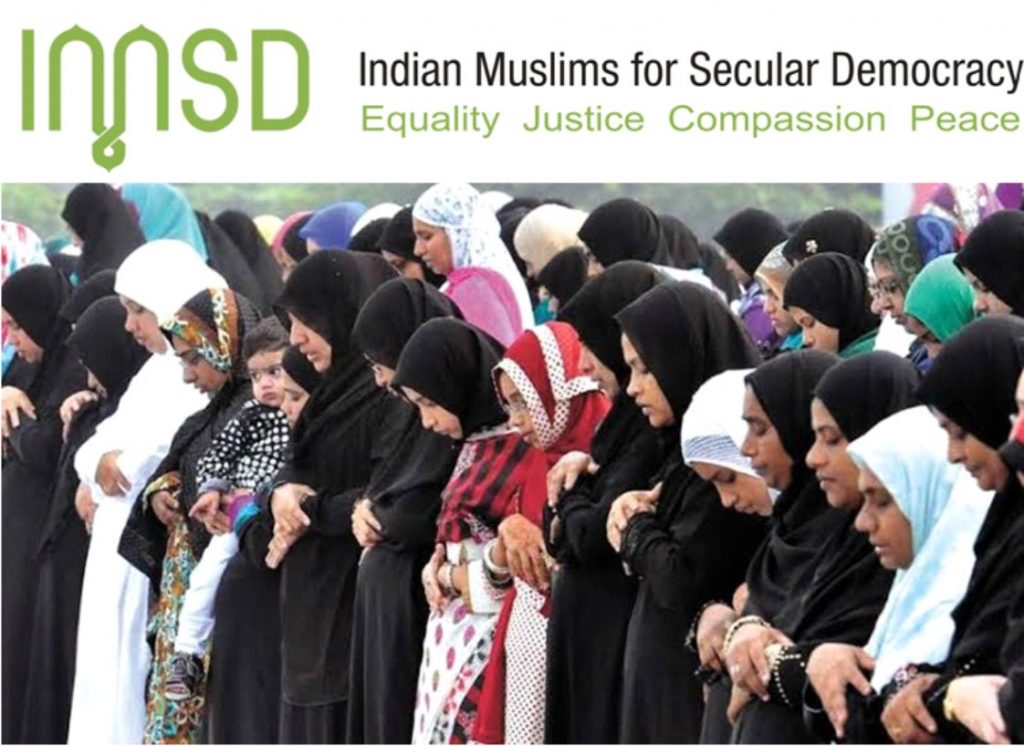
While welcoming the submission of the All India Muslim Personal Board (AIMPLB) in the Supreme Court that Islam permits Muslim women to pray inside a mosque, Indian Muslims for Secular Democracy (IMSD) questions the “howevers” with which its counter-affidavit is laced.
Though it is true that participation in congregational prayers at mosques is not obligatory for women, it is an undisputed fact that during the lifetime of Prophet Muhammad, women were part of mixed gender prayers in Islam’s two holiest mosques: in Mecca and Madina. The practice has since continued through most of the Arab world. Millions of Muslim men and women from across the globe pray together during the annual Haj pilgrimage,
Contrary to this, the doors of over 95% mosques in India [“¦] remain shut for Muslim women. This is the context in which a Muslim couple has petitioned the Supreme Court for women’s right to pray in mosques and in which the AIMPLB seems to be speaking up for women but only apparently so.
To begin with, the AIMPLB contends that issues of faith should be left “to be resolved through the processes of social transformation within the religious faith itself instead of the court seeking resolution through judicial process”. IMSD strongly disagrees. It believes that as custodian-in-chief of the Constitution, the apex court is obliged to uphold women’s right to gender equality and non-discrimination guaranteed under it in all spheres of life.
Next, the Board states: “A Muslim woman is free to enter a masjid for prayers. It is her choice to exercise her right to avail of such facilities as available”. But what if a woman enters a mosque only to be told by the mutawalli (manager) that in his mosque there is no facility available for woman? To this the AIMPLB says that mosques are managed by mutawallis (administrators) and neither it nor the court “can enter into the arena of detailed arrangements of a religious place”.
What if the mutawalli claims that in his understanding of Islam only men are meant to pray in mosques? To this the counter-affidavit states: “AIMPLB does not want to comment on any contrary religious opinion on this issue”. To women who thus will be kept away from mosques across India on one pretext the Board has this consolation to offer: A woman praying at home earns the same sawaab (religious reward) as her praying in a mosque.
In short, the AIMPLB has nothing except a mere opinion to offer to Muslim women demanding equal access to mosques. And it wants the Supreme Court to stay far away from this matter of faith.
For further details, please contact:
JavedAnand FerozeMithiborwala
Convener Co-convener
9870402556 7678074545
(Source: sabrangindia.in)

COMMENTS